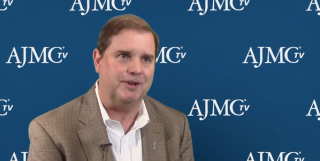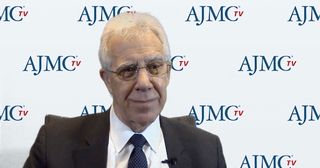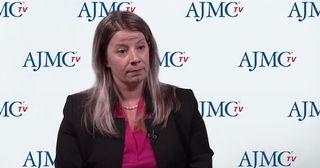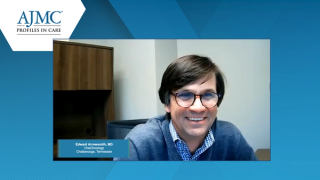
Clinical Pathways
Latest News
Latest Videos

Shorts

Podcasts
CME Content
More News
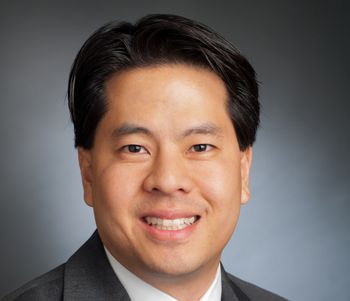

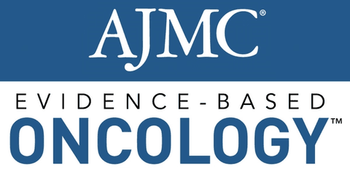
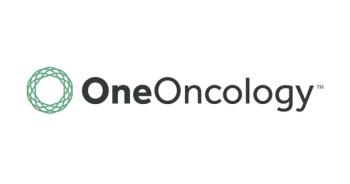
Each disease group guides and approves OneOncology clinical pathways to reflect evidenced-based national guidelines, which are updated often as new trial results are published or presented at major scientific meetings.
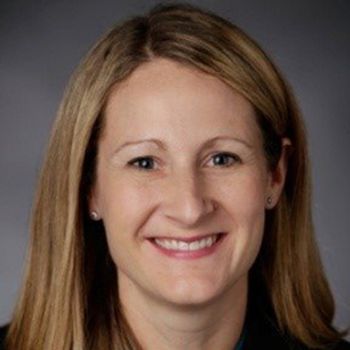

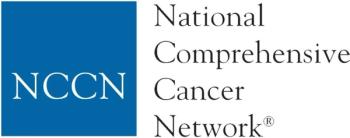
Applicants should show how they would measure biosimilars use and safety in both academic and community practice settings.

The savings occurred even while more patients in the health system were enrolling in clinical trials, according to an abstract presented during the American Society of Clinical Oncology 2020 Virtual meeting.

Administrator Seema Verma said the proposal would create opportunities "for drug manufacturers to have skin in the game through payment arrangements that challenge them to put their money where their mouth is."

Researchers warned that financial incentives that focus on a percentage of pathway compliance could “paradoxically harm the quality of care."

Three abstracts presented at this year’s annual meeting of the American Society of Clinical Oncology focused on cardiotoxic effects of cancer treatment and how cardiac disease remains a barrier to effective cancer therapy among patients with cancer and survivors.


CMS Administrator Seema Verma announced the update today in a blog post in Health Affairs.

Debra A. Patt, MD, MPH, MBA, a breast cancer specialist at Texas Oncology is the lead author on the study being presented at ASCO.
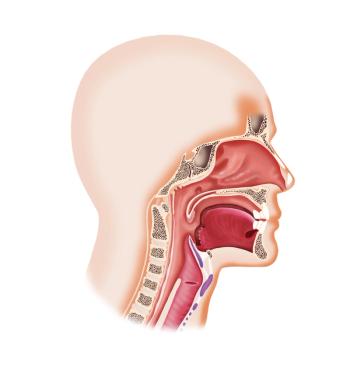
To help patients and their caregivers cope, the National Comprehensive Cancer Network (NCCN) this week completed a 3-book series that explains care and management options for those with head and neck cancer.

More than one-quarter of elderly women with HER2-negative metastatic breast cancer did not receive care in accordance with National Comprehensive Cancer Network (NCCN) treatment guidelines, and that was linked to higher mortality as well as higher Medicare costs.

Findings from the American Society for Radiation Oncology (ASTRO) highlight the growing financial strain at freestanding clinics, including those that say they will lose half their annual revenue.

Cancer Care Specialists of Illinois was able to reduce its median total drug spend by a notable 13.5%—$250,000 per medical oncologist—versus other practices enrolled in the Oncology Care Model, between the first quarters of 2017 and 2019, through the use of evidence-based clinical pathways.
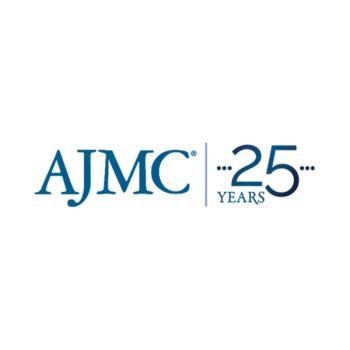
With our current issue of Evidence-Based Oncology™ focusing on clinical pathways in cancer care, we look back at one of our most-read papers of 2016.

With patients living longer thanks to new therapies, we need more accurate, sensitive, and standardized tools to guide their therapy.


As the cost of oncology drugs only continues to rise, incorporating clinical pathways into cancer care helps streamline the integration of evidence-based best practices while improving quality and reducing costs for patients and payers.

As cancer care becomes more complex and more expensive, decision-support algorithms offer a mechanism to define best practice, reduce unwarranted variation, and control costs across growing networks.

The authors examined the latest trends in development, implementation, and evaluation of care pathways and the impact of the movement toward value-based care.

The National Comprehensive Cancer Network (NCCN) Thursday released its first set of clinical practice guidelines for pediatric cancer, saying the new acute lymphoblastic leukemia (ALL) guidelines are the first of several planned to address various pediatric cancers.






